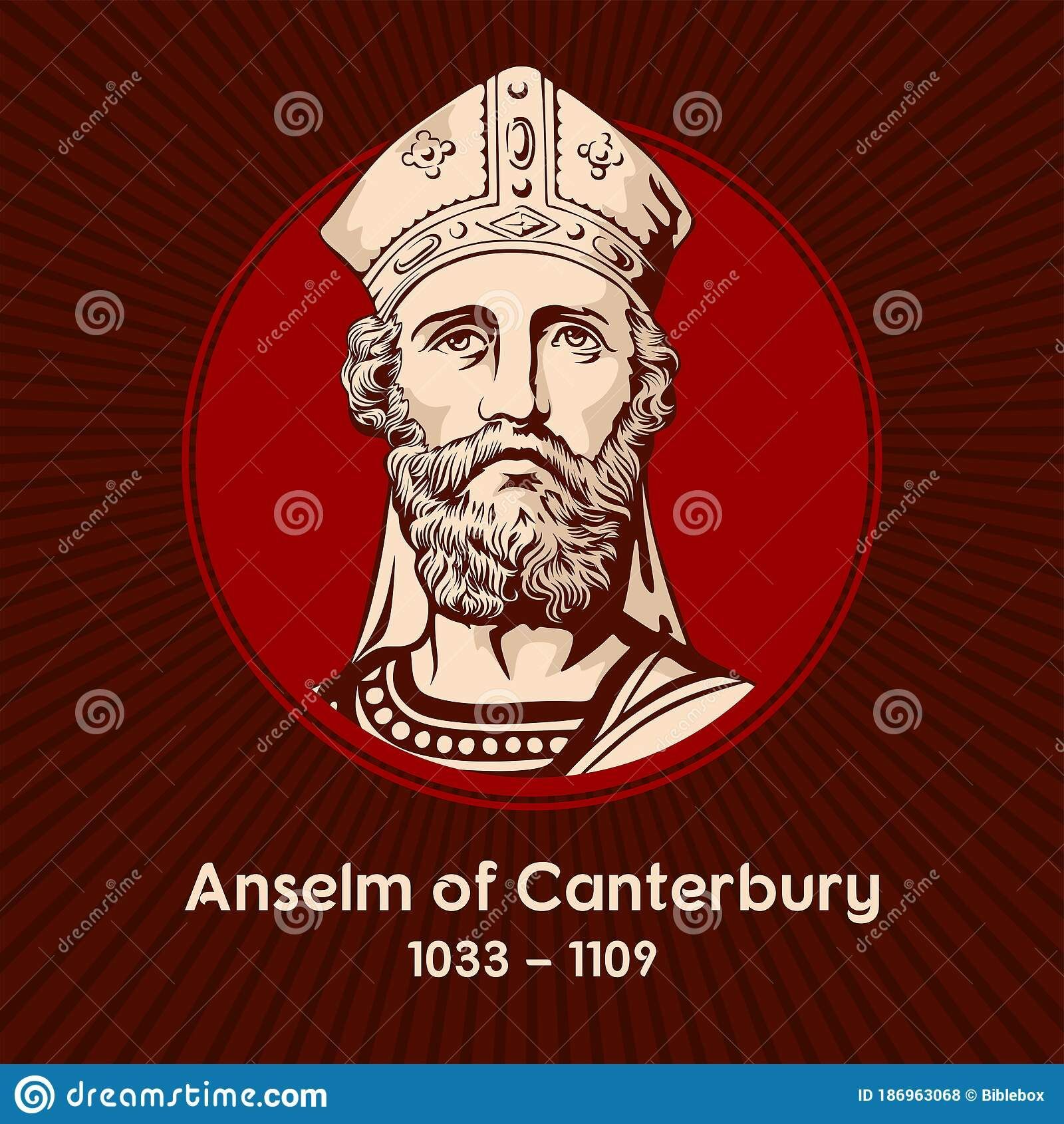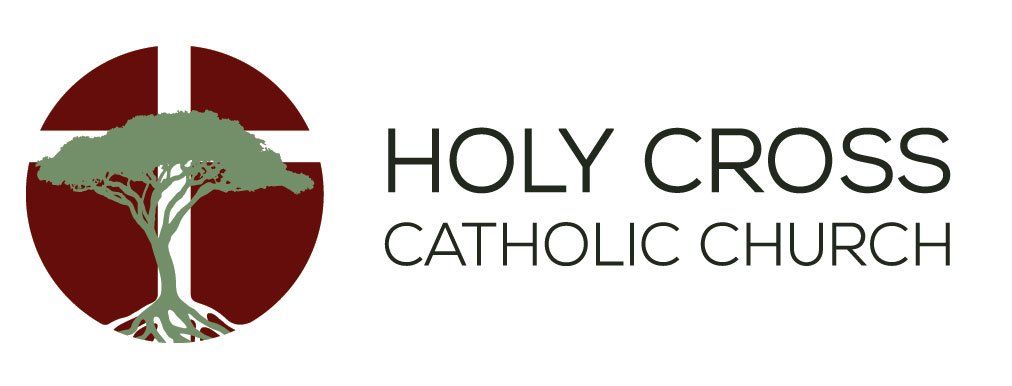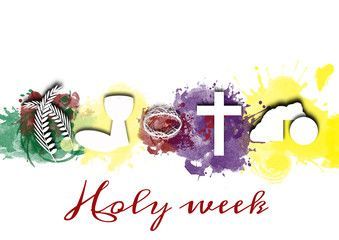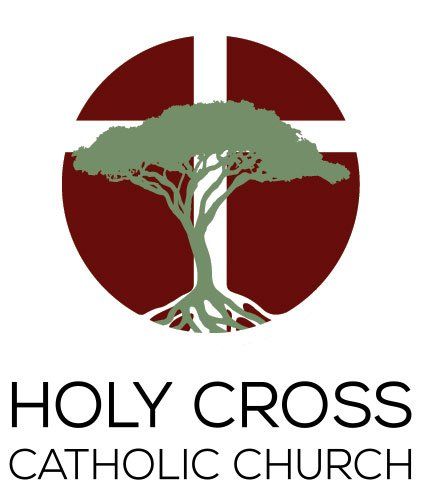April 21 | St. Anselm, Archbishop of Canterbury and Doctor of the Church (1033-1109)

St. Anselm, who was born in Burgundy, spent the better part of his life — from the age of seventeen until he was fifty-nine —in the Benedictine abbey of Bee in Normandy. He attained the office of abbot, and there he might happily and productively have lived out the remainder of his days. In 1092, however, during a visit to England, he was compelled, much against his desires, to accept the vacant see of Canterbury. As Archbishop of Canterbury and primate of the British Isles, Anselm displayed the same gifts for leadership and pastoral discernment he had displayed in his years as abbot. His tenure was marked, however, by continuous tension with the reigning monarch, William Rufus, as well as his successor Henry I, over the independence of the church from lay political control. Twice he was compelled to go into exile, while the Vatican applied pressure on his behalf. He returned to England for a final time in 1106 and achieved a reconciliation with King Henry, but his death followed three years later.
Despite his ecclesiastical accomplishments, Anselm’s place in history owes far more to his contributions as a theologian. He is renowned, in fact, as the “father of scholasticism.” In his Proslogion he defined the task of theology as “faith seeking understanding” — a definition that has ever since justified the application of reason to the mystery of Christian faith.
He was not however, a proponent of “natural theology.” Theological understanding, for Anselm, was ultimately rooted in the gift of faith, and not in unassisted reason.
Anselm is also distinguished by his personal character. A winsome portrait by his fellow monk, Eadmer, puts less emphasis on Anselm’s than on his fully redeemed humanity. Eadmer dwells with particular attention on Anslem’s tenderness as an abbot who always preferred to lead his flock by loving exhortation and wise example rather than by punishment or harsh discipline. He documents Anselm’s tears over a wayward youth, and describes his habit of nursing sick brothers by his own hand. And so, while he was a father to those who were well, he was a mother to the sick: or rather, he was father and mother to the sick and the sound alike. Hence, many of them with any private trouble hastened to unburden themselves to him, as if to the gentlest of mothers, and this was particularly the case with earnest zealous young men.
His care and concern extended to the very poorest people; he opposed the slave trade. Anselm obtained from the national council at Westminster the passage of a resolution prohibiting the sale of human beings.
COMMENT: Anselm, like every true follower of Christ, had to carry his cross, especially in the form of opposition and conflict with those in political control. Though personally a mild and gentle man and a lover of peace, he would not back off from conflict and persecution when principles were at stake.
QUOTE: “No one will have any other desire in heaven than what God wills, and the desire of one will be the desire of all, and the desire of all and of each one will also be the desire of God.”
(Source: All Saints by Robert Ellsberg) — Deacon Phil Rzewnicki, OFS











